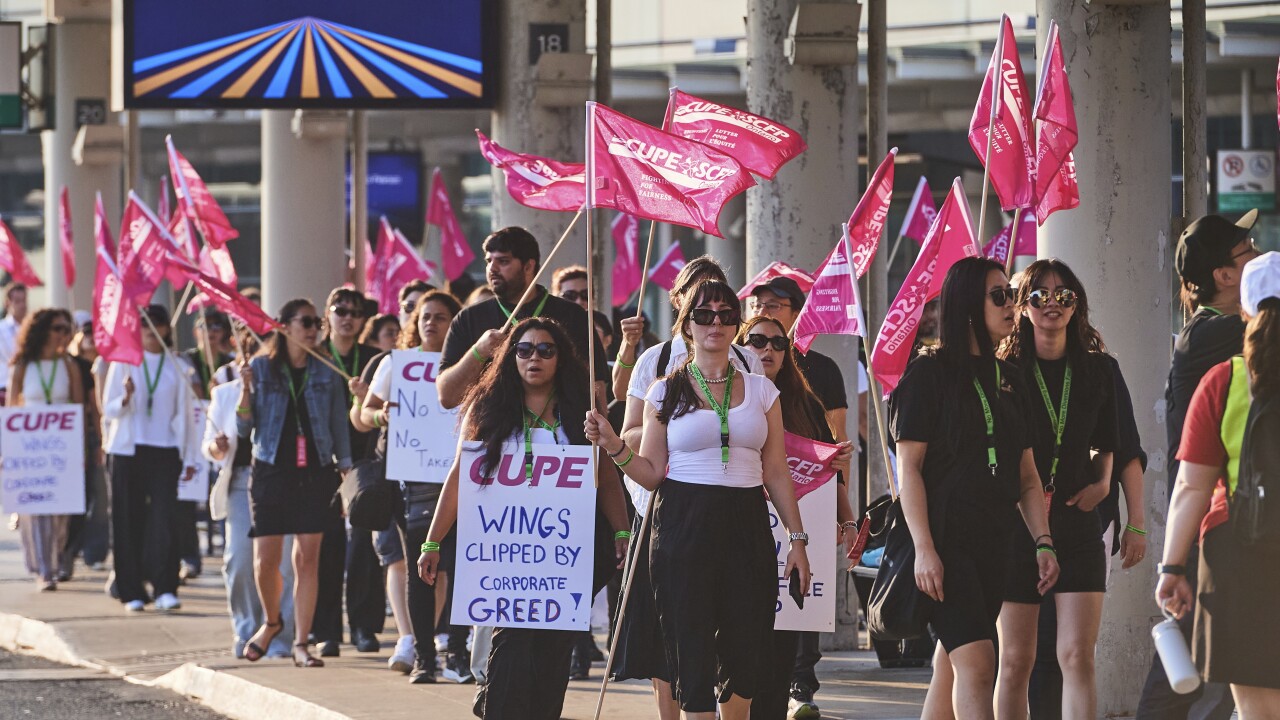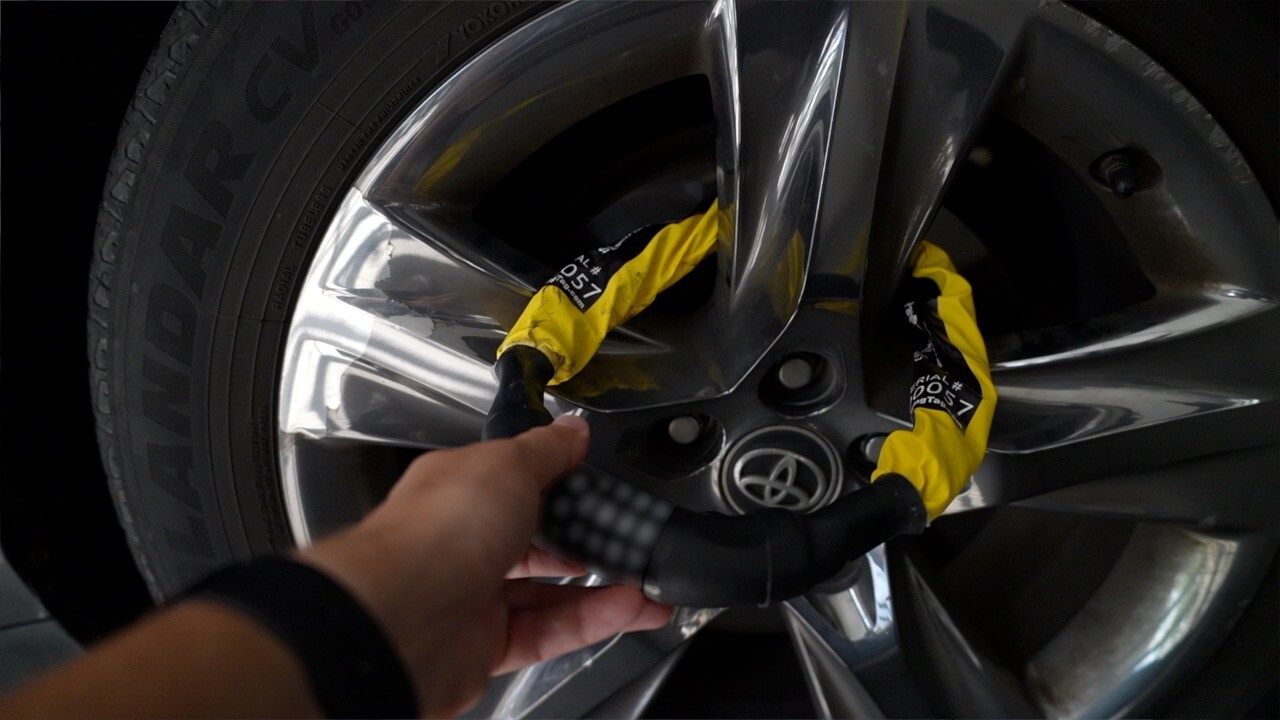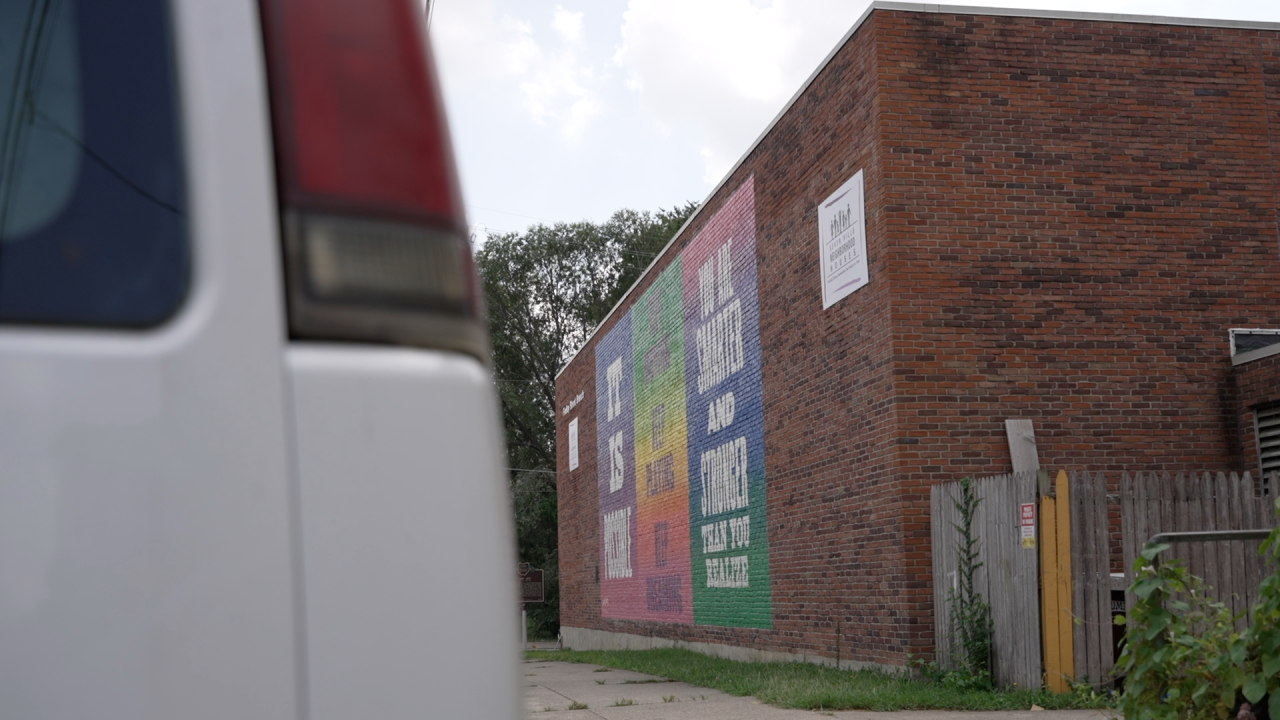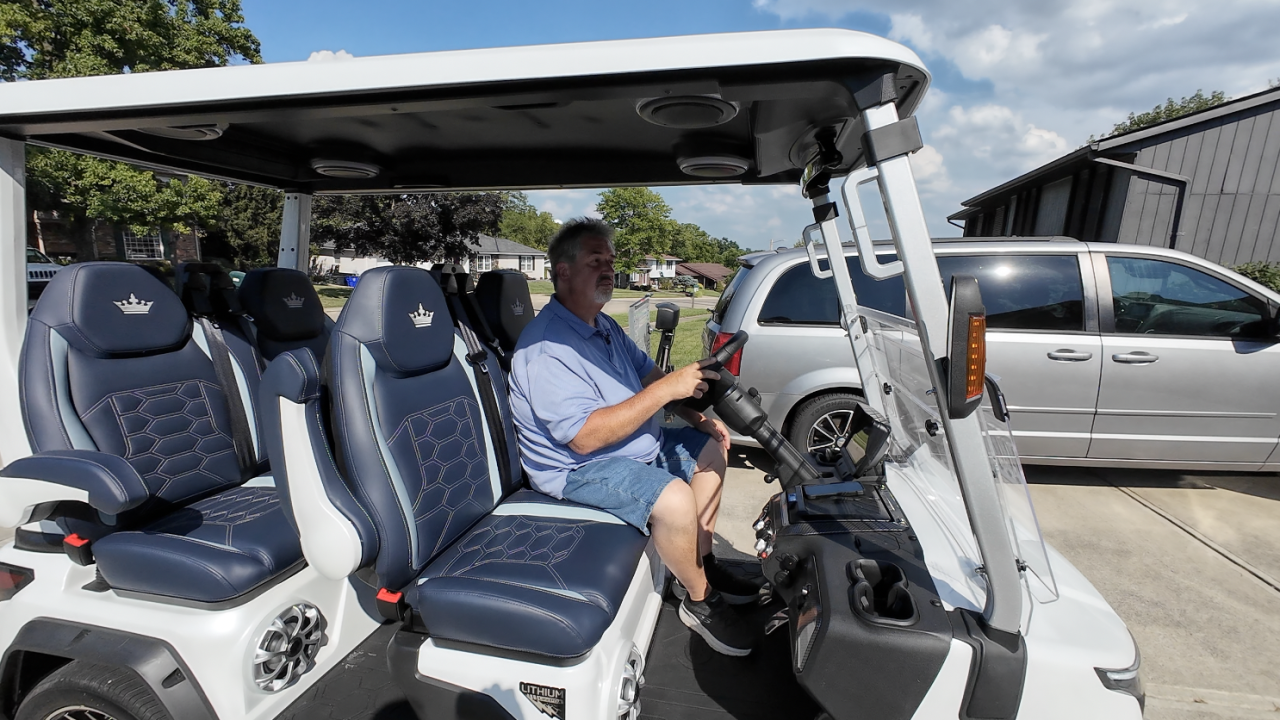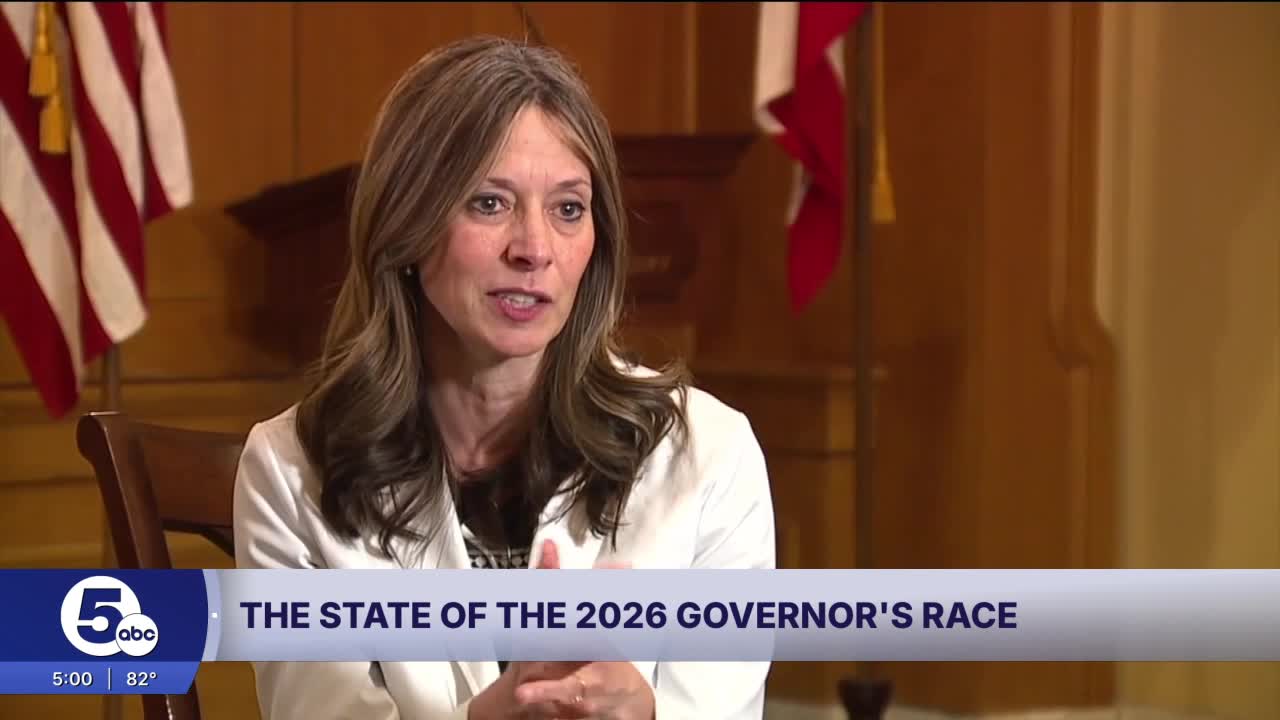Following a work strike that left over 100,000 passengers stuck worldwide during the busiest summer travel season, the Canadian government on Saturday ordered Air Canada and its striking flight attendants back to work and into arbitration.
Given the historic tariffs the United States has placed on Canada, Federal Jobs Minister Patty Hajdu stated that this is not the time to gamble with the economy. The 10,000 flight attendants will shortly resume their duties as a result of the intervention.
Less than twelve hours after employees left their jobs, the government took action.
“The negotiations broke down. The parties are obviously no closer to settling some of the major issues that still exist, and they will want assistance from the arbitrator,” Hajdu stated.
Hajdu stated that it is up to the Canada Industrial Relations Board and that the complete reinstatement of services may take many days.
Arbitration will uphold the current arrangement.
An estimated 25,000 Canadians may become stranded as a result of the major airline in Canada shutting down early on Saturday, affecting over 130,000 people daily. Approximately 700 flights are operated daily by Air Canada.
Hajdu directed the Canada Industrial Relations Board to prolong the current collective bargaining agreement until the arbitrator decides on a new one.
“Canadians rely on air travel every day, and its importance cannot be understated,” she remarked.
In a statement, Wesley Lesosky, president of the CUPE union’s Air Canada Component, expressed dissatisfaction at Hajdu’s short wait time and claimed the government had infringed on their fundamental right to strike.
“The Liberal government is rewarding Air Canada’s refusal to negotiate fairly by giving them exactly what they wanted,” he stated.
The day when workers would return to work was not immediately known, according to union spokesman Hugh Pouliot. “We’re on the picket lines until further notice,” he stated.
As the union rejected the airline’s request to participate in government-directed arbitration, which would have eliminated its right to strike and allowed a third-party mediator to determine the terms of a new contract, the airline and the union that represents 10,000 of its flight attendants intensified their bitter contract battle on Friday.
When flights were canceled, Ottawa resident Keelin Pringnitz and her family were stuck at London’s Heathrow Airport on their way back from a trip to Europe. According to her, the passengers in line had the choice to enter the United States, but they were informed that once they arrived, they would not receive any additional support.
“The line wasn’t happy about it. “It is a little ridiculous to offer to take stranded passengers to a different country to strand them there,” she added, adding that no one seemed particularly interested and instead appeared to be amused or frustrated by the notion.
Alex Laroche, 21, of Montreal, and his girlfriend had been saving for their trip to Europe since Christmas. Their $8,000 trip, which includes nonrefundable hotel, is now in question. They booked a trip to Nice, France, for Saturday night.
It may take up to a week for Air Canada to fully resume operations, according to Chief Operating Officer Mark Nasr.
“Very little has been accomplished.”
About 1 a.m. EDT on Saturday, flight attendants left their jobs. At about the same time, Air Canada announced that it will start preventing flight attendants from entering airports.
Ian Lee, an associate professor at the Sprott School of Business at Carleton University, had previously observed that the government frequently steps in during strikes in the transportation industry.
“They’re going to step in and stop the strike. Why? “Because it has occurred 45 times since 1950,” Lee stated. “It is all because of the incredible dependency of Canadians.”
Flying is frequently the only practical choice in Canada, the second-largest country in the world.
“We’re so huge a country and it’s so disruptive when there is a strike of any kind in transportation,” Lee stated.
During a work stoppage last year, the government compelled the two main railroads in the nation to enter into arbitration with their labor union. The rail workers’ union is suing, claiming that the government is taking away a union’s bargaining power.
The government has also been encouraged by the Business Council of Canada to enforce binding arbitration in this instance.
Although it is evident that the two sides are at a standstill, Hajdu stated that her Liberal government is not anti-union.
In limbo travelers
According to Air Canada, passengers whose travel is affected can use the airline’s website or mobile app to receive a complete refund.
When feasible, the airline added, it will also provide alternate routes via other Canadian and international airlines. However, it cautioned that because other airlines’ flights are already fully booked “due to the summer travel peak,” it could not guarantee a rebooking right away.
According to Laroche, he thought about purchasing new tickets from a different airline, but the majority of them are almost completely booked and cost more than twice as much as the $3,000 they originally paid.
Laroche claimed that after learning about the main points at the heart of the contract talks, such as the salary dispute, he changed his mind about his initial displeasure with the union’s decision to go on strike.
Laroche remarked, “Their wage is barely livable,”
On wages, sides are far apart.
After around eight months of contract negotiations, Air Canada and the Canadian Union of Public Employees have not yet reached a tentative agreement.
Regarding compensation and the unpaid labor flight attendants perform when planes are not in flight, both sides claim they are still at odds.
“We feel terrible for our travelers. Before the government intervention was revealed, Natasha Stea, a flight attendant for Air Canada and the president of the local union, stated, “Nobody wants to see Canadians stranded or worried about their travel plans, but we cannot work for free.”
Approximately 70% of the attendants are female. Stea questioned whether the male-dominated Air Canada pilots are being treated fairly after they received a sizable raise last year.
With a 38% raise in overall pay, including perks and pensions, spread over four years, the airline’s most recent offer “would have made our flight attendants the best compensated in Canada.”
However, the union resisted, claiming that inflation made the first-year 8% rise insufficient.
“Even though we are the national carrier, there are people who live in poverty. At a press conference, Wesley Lesosky, President of the Air Canada Component of CUPE, stated, “That’s really problematic, and it’s disgusting.” ___
Rio Yamat, an airline reporter, covered the story from Las Vegas.
